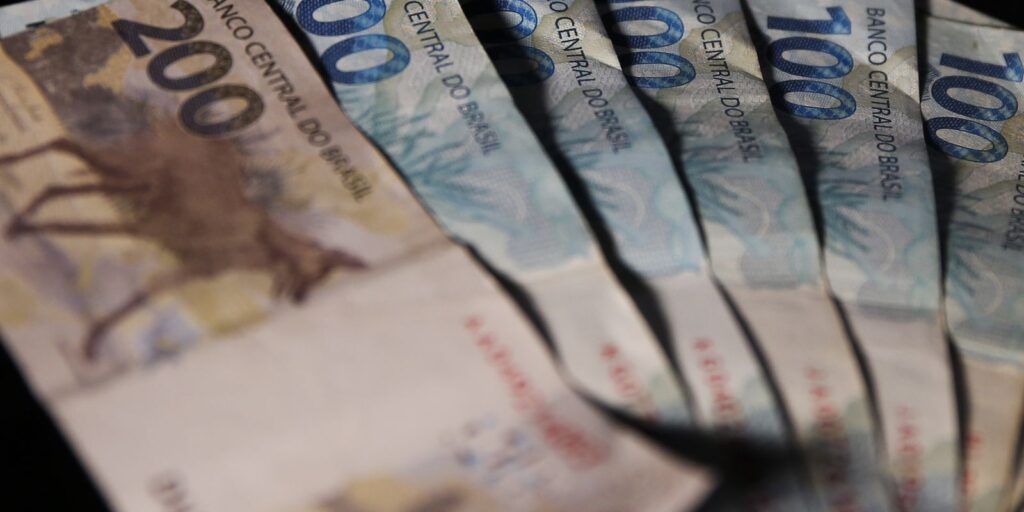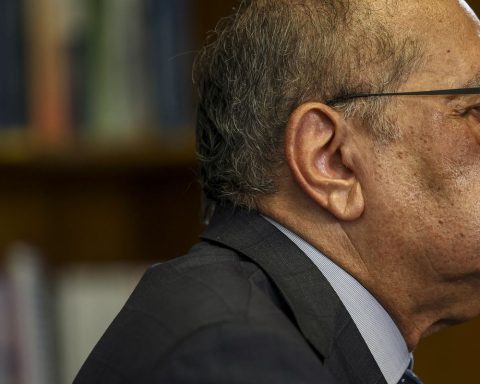The cryptocurrency exchange platform, Binance, announced the creation of a US$ 1,000 million fund to support the industry, hit by the recent bankruptcy of its competitor FTX and a contagion effect that caused a sharp collapse in the value of these digital assets.
“As a leading player in cryptocurrency, we understand that we have a responsibility to drive change when it comes to consumer protection and industry rebuilding,” Binance said in a post on its official blog.
The Industry Recovery Initiative (IRI) will consist of a fund to which Binance will contribute $1 billion.
He also anticipated that this amount may be increased to US$ 2,000 million in the future“if the need requires it”.
Nearly 150 companies have already pledged to attend, Binance reported.
In addition to Binance, seven other firms in the sector have already confirmed their participation in the fund for US$ 50 million.
To ensure transparency, each member must place the capital in a public crypto address.
The company clarified that it is not an “investment fund”, and that the money will seek to support firms and projects that, “for reasons that are unknown to them, face significant financial difficulties in the short term.”
Nearly 150 companies have already pledged to attend, Binance reported.
Blow to the sector
It is an attempt to keep a sector hit after the collapse afloat and subsequent bankruptcy of the FTX platformwhich left more than a million investors around the world trapped with their deposits.
In addition to the fund, established companies such as Binance itself or Crypto.com promised to publish audits and reports to try to make their operations transparent to users.
Likewise, Binance is negotiating the purchase of various companies in difficulties including the cryptocurrency brokers Voyager -firm that was going to acquire FTX, prior to its fall- and Genesis.
“There will be damage whenever a player (from the sector) falls,” he acknowledged. Changpeng Zhao, CEO of Binance to Bloomberg Television.
Paradoxically, one of the events that accelerated the collapse of FTX was a previous tweet by Zhao on November 6, where he released a report that questioned the accounting of the defunct firm.
Members of the British parliament put an eye on the publication and asked Binance to explain the circumstances of its tweet and if the company knew of the potential impact it could have.
Following the run on FTX, Zhao’s company submitted a purchase letter to acquire the firm, but withdrew it less than a day later after analyzing the precariousness of its accounts.
It is for these reasons that some specialists in the sector doubt the image of a “savior” that Zhao tries to show, whose personal wealth amounts to US$ 15,000 million, after having lost US$ 80,000 million so far this year.
“There is too much uncertainty in the market for this bailout fund to be the catalyst to get things back on track. We still don’t know the range of the contagion but I think we are on the floor and I don’t expect the markets to fall further”, commented Hayden Hudges, CEO of the Alpha Impact platform.
Meanwhile, for David Adams, specialist at King River Digital Assetsthe key will be in the support that the fund receives, beyond the contribution of Binance.
The contagion effect of FTX was felt throughout the rest of the industry: Quantia and Genesis platforms They suspended the withdrawal of funds due to the exposure to the firm and the runs registered in the last days.
Similarly, the French Coinhouse -who has Genesis among its associates- blocked their withdrawals arguing “global tensions in the market and pressure on liquidity”, while the Gemini stock market could file for bankruptcy in the coming days, according to the Bloomberg agency.
While, Lemonone of the main wallets that provides the service of buying and selling cryptocurrencies in Argentina, announced this Thursday the dismissal of 38% of its workers.


















